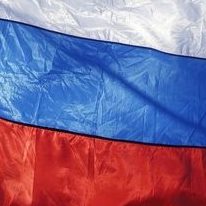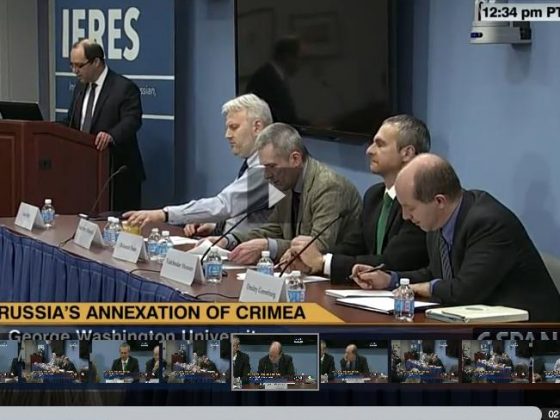(NPR) According to political scientist Kimberly Marten, Russia's decision to annex Crimea from Ukraine may have changed its relationship with the outside world for many years to come. Marten writes, "The leader of a state that wields a massive strategic nuclear arsenal, controls a significant portion of the world's petroleum and other raw materials, and holds a veto in the U.N. Security Council, has just revealed his willingness to use force on behalf of ethnic nationalism. This was the nightmare that Western policymakers hoped to avoid when the Soviet Union collapsed." […]
"People remember with nostalgia how easy life was, and they also remember how great the Soviet Union was; how it inspired respect and fear in the rest of the world, and they were a superpower."
"Putin is primarily focused on his domestic audience, not the international audience… He cares about the small group of elites that are in various circles of power in the Kremlin and immediately surrounding the Kremlin. And by his recent actions, he has shown that he no longer cares about the economic internationalists among the elites… Putin has chosen, instead, to throw in his lot with ethnic nationalists, who are associated both with conservative elements in the Russian Orthodox Church and with the former KGB."
See & Listen to the Full Story ("How Crimea's Annexation Plays To Russians' Soviet Nostalgia")
© NPR – Fresh Air with Terry Gross










